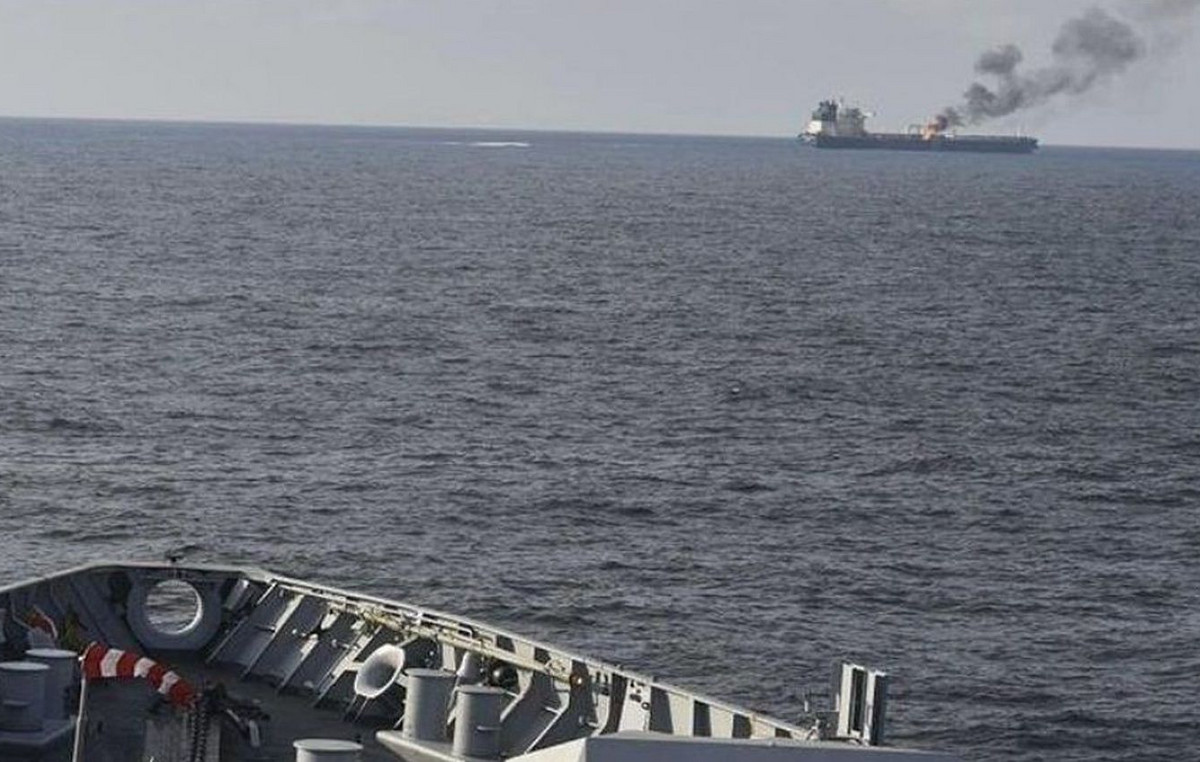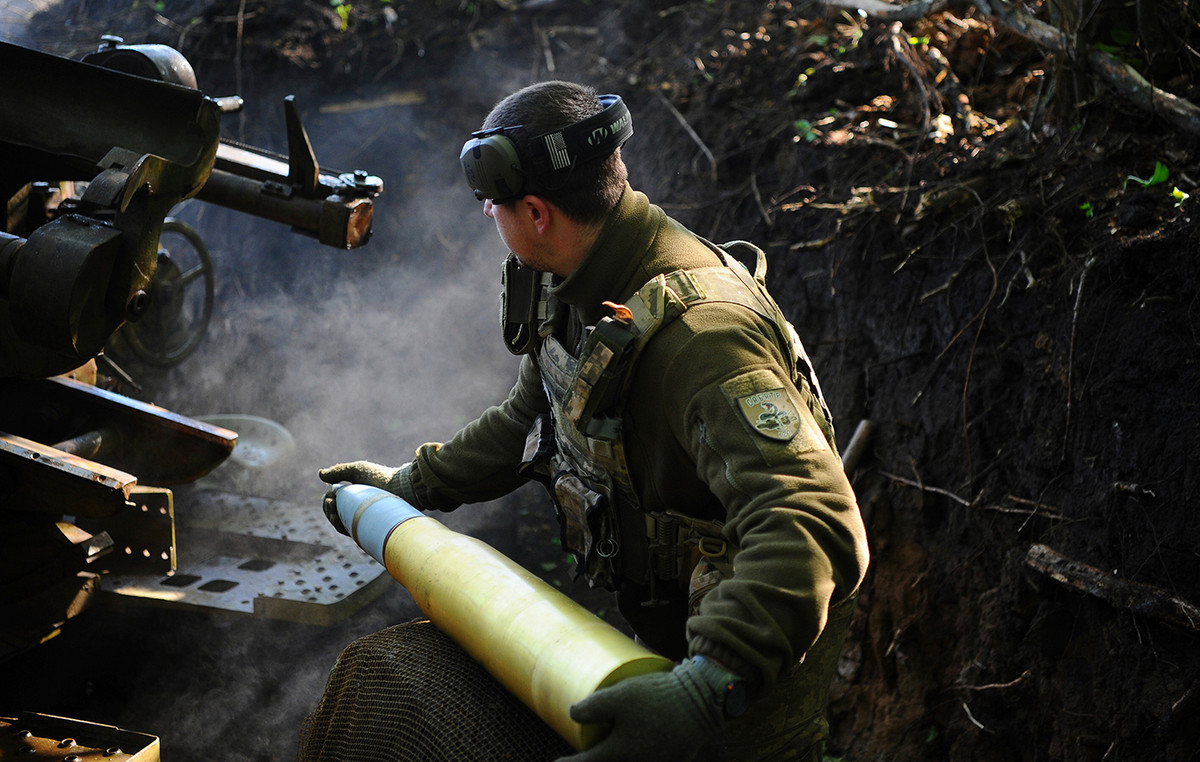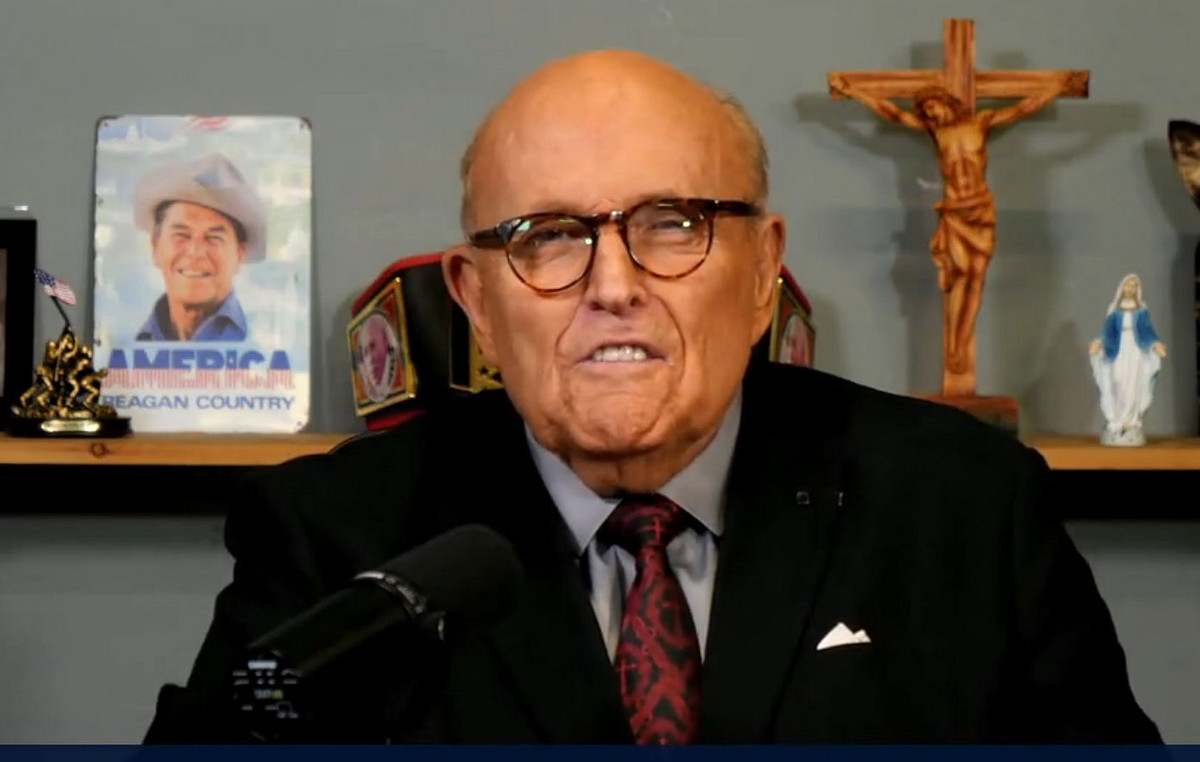From 30 October the controversial TV series on the murder of Sarah Scazzi is available in streaming on the Disney + platform. To get there, however, he had to change the title, from Avetrana-This is not Hollywood alone This isn’t Hollywood, as requested by the mayor of Avetrana Antonio Iazzi, who had presented an urgent appeal to the Taranto court, which was accepted, and which resulted in the suspension of the broadcast of the TV series premiered at the Rome Film Festival. The case continues to keep the debate going: is it right to suspend a TV series for these reasons? Is it censorship? And above all, why does the murder of Sarah Scazzi, whose story has actually already been closed after three sentences, continue to cause so much discussion? What got the media so involved first and the public opinion, all of us, after? We questioned these issues with Flavia Piccini, who together with Carmine Gazzanni, is the author of the book «Sarah – The girl from Avetrana» published by Fandango, which is the basis of the documentary for Sky of the same name and from which the TV series is based This isn’t Hollywood, signed by director Pippo Mezzapesa.
In your opinion, why this case broke out around the TV series This isn’t Hollywood?
«From our point of view as storytellers, Sarah Scazzi’s story is many stories. It’s the story of a fifteen-year-old who leaves home to go to the seaside with her cousin, and will never return. It is the story of a research that catalyzed the attention of all of Italy for forty-two days. Until Michele Misseri, who unexpectedly bursts onto the scene dominated for weeks by his daughter Sabrina, first finds his niece’s cell phone, then confesses to having hidden her body after killing Sarah, with whom he had attempted a sexual approach. But it is also the story of how the media transformed a hitherto anonymous country into an open-air set. How news can be created, and has been created, to fuel an unprecedented horror show that plays on unified networks. Of the lowest point of Italian television: when Federica Sciarelli says, live, that Sarah Scazzi’s body has been found. And he does it by looking his mother Concetta Serrano in the eyes. Over the years, this loss of media innocence staged in the squares and alleys of the country – which at the time allowed itself to be carried away by the narrative, and almost never withdrew – has become the Italian narrative par excellence. A narrative that touches the chords of all of us in different ways. Making them vibrate violently.”
What do you think of the suspension decided by the court? Is it censorship?
«We want to make our own the words of Matteo Rovere, who believed in the story we told and first wanted to make it into a documentary, therefore the series we are talking about today which boasts the direction of Pippo Mezzapesa. Rovere explained how “exercising creative freedom has always been a mantra, a right but also a duty” and appealed to the need for writers to give strength to their point of view because “we shouldn’t ask authors to build a parallel reality in which evil does not exist.” All the great writers, from Camus to Baldwin to Capote, from Orwell to Atwood, have underlined the need to tell not only to entertain, but above all to rebel, disturb, force the reader to confront himself. In our case, obviously on a small scale, we tried to investigate a drama that first became a spectacle, then an epic from reality and finally a farce. We cannot ignore the teaching of Toni Morrison, who always invites us to “address the issues that are at the heart of society and, even if uncomfortable, bring them to light in order to understand and overcome them”.
Why did you write about Sarah Scazzi?
«We did it because, after a careful analysis of the documents lasting years, since we are talking about over 20 thousand pages, we realized that this story is not just the one we all think we know. And above all because from our point of view this matter, which is decidedly complex from a judicial point of view, has black holes that deserve to be considered. It is no coincidence that, after fourteen years, it continues to attract the attention of all of Italy.
Michele Misseri continues to plead guilty. What do you think?
«After meeting Michele Misseri, and spending a lot of time with him, it was impossible not to ask ourselves if what he says is the truth. We are certainly faced with a unique example in Italian history: a man judged innocent by the law who pleads guilty of murder, and two women sentenced to life imprisonment who have not stopped fighting so that they are recognized not only as innocent, but as complete strangers to the facts.”
How much influence do you think the media once again had?
«The media narrative is central to what happened. Analyzing the story in a way free from prejudice, it is impossible not to wonder why the only man in the house where Sarah Scazzi went that afternoon of August 26th was never heard from before having the young woman’s cell phone found, a few days before a confession dramatic. A confession, that of 6 October 2010, which coincides perfectly with what Michele Misseri forcefully reiterates today: he attempted a sexual approach with Sarah Scazzi, she refused and he strangled her to silence her forever. It is impossible not to wonder if Sarah Scazzi’s crime, as Misseri states, is not a feminicide that occurred when – fourteen years ago – few people knew and examined this lead, especially among investigators. Certainly the story of Sabrina Misseri and her mother Cosima Serrano, of family jealousy, of internal resentment is more engaging in the media. And it’s the one that won in the television story.”
How did the population of Avetrana and Puglia in general react to your book?
«With interest, and disappointment. This is because, like all the cases that have flooded and clogged newspapers and TV programmes, a fan climate has been created. Both among the viewers and among the journalists involved who often put their personal interest before the truthfulness of the story. But here we are not talking about football matches, but about the fate of real people. There are no characters in Avetrana, but ordinary people overwhelmed by a tragic fate of which, in part, they are the creators.”
What, in your opinion, about this story affects public opinion in particular?
«Avetrana is a national laboratory of a story that brings together Magna Graecia tragicomedy with reality show serialization. Proof of this is what is happening today. Since August 26, 2010, media coverage has never abandoned the Salento village, which seems to dance sinisterly with it. And so here is yet another chapter of this newfound, magnetic horror show: the mayor who opposes a fiction series that tells this story, and who asks the Court of Taranto to stop broadcasting. It might seem like a small thing, but the Court really stops the series. Just enough time to be able to rewrite, once again with a unicum, this story which is only twists and turns.”
Today, however, the series is visible again, with a change of name.
«It is a paradoxical story, which we witness helplessly. Leaving aside the moral and ethical implications it underlies, it is yet another media chapter in a never-ending story. Our true hope is that this series can help turn the spotlight on the merits of the matter. Today the truth, sanctioned by three sentences, seems more shaky than ever and returns to the news the unprecedented short circuit we talked about just now. A short circuit that makes us question, almost daily, whether or not Sabrina Misseri and Cosima Serrano were sentenced to life imprisonment, as the law prescribes, “beyond any reasonable doubt””.
Source: Vanity Fair
I’m Susan Karen, a professional writer and editor at World Stock Market. I specialize in Entertainment news, writing stories that keep readers informed on all the latest developments in the industry. With over five years of experience in creating engaging content and copywriting for various media outlets, I have grown to become an invaluable asset to any team.







